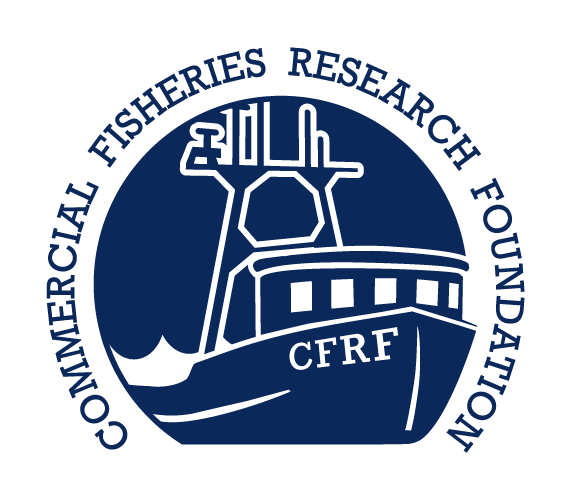Identifying Research Needs and Approaches for Assessing Potential Impacts of Offshore Wind Farm Development on Fisheries Resources in the Northeast Region
General Description:
In September 2014, the CFRF, in partnership with the federal Bureau of Ocean Energy Management (BOEM) and the Cornell Cooperative Extension Marine Program (Cornell CEMP), launched a project to solicit, gather, and summarize input from scientists, managers, and fishing industry members on: 1) the potential impact on fisheries resources from offshore wind energy development in the RI/MA and NY BOEM wind energy areas; and 2) recommended research approaches for impact assessment. The goal was to compile and synthesize input into a best practices document that outlines standard protocols for monitoring and assessing wind farm impacts on fish and invertebrate species associated with the RI/MA and NY lease sites. Ultimately, this effort was aimed at assisting BOEM with its development of guidelines, protocols and regulations for how offshore wind farm development in the northeast will proceed, including aspects such as wind farm micro-siting, design, size, and construction schedule decisions, as well as evaluation of fisheries resource impacts once wind farms are operational. The project was completed in August 2015.
PROJECT TEAM:
CFRF
Peg Parker, CFRF Executive Director
Anna Malek, CFRF Program Administrator
David Spencer, CFRF President and owner F/V Nathaniel Lee
Fred Mattera, CFRF Vice President & owner NESTCO inc.
Michael Long, CFRF Intern
Cornell CEMP
Emerson Hasbrouk, Cornell CEMP Director Emeritus and Senior Natural Resource Specialist
John Scotti, Cornell CEMP Senior Educator and Fisheries Specialist
Jacqueline Wilson, Cornell CEMP Fisheries Technician
BOEM
Brian Hooker, BOEM Marine Biologist
Project Goals & Approach:
The primary purpose of the proposed project is to provide opportunities, through small group meetings and individual interviews, for those most knowledgeable about fisheries in the southern New England and northern Mid-Atlantic regions to constructively offer their input to BOEM about: 1) potential fisheries resource impacts from offshore wind farm development in the RI/MA and NY lease areas; and 2) ideal approaches for impact assessment. Ultimately this input will serve as an important step in providing guidance on the baseline and monitoring work that needs to be conducted in order to minimize negative impacts on marine fisheries resources as much as possible as offshore wind development proceeds. This baseline and monitoring fisheries research is needed to, in turn, guide wind farm micro-siting, design, size, and construction schedule decisions, and to ultimately evaluate the impacts on fisheries resources once the wind farms are operational. Demonstrating an effective and efficient process for identifying research priorities and impact assessment protocols, as proposed in this project, would benefit both domestic and international renewable energy development efforts. The specific project objectives are :
Review of existing studies and survey/monitoring protocols for offshore wind energy development
Gather input from representatives of state, regional, and federal fisheries science/management agencies, major commercial fishing sectors, and fisheries scientists from academic and private research institutions working in the northeast on: 1) which marine fish and invertebrate species may be impacted and how; 2) what the research priorities should be to assess and possibly mitigate negative impacts; and 3) what survey methods and research protocols should be employed to obtain the needed baseline and monitoring information.
Compile and synthesize results, identifying both specific suggestions as well as major ideas/themes that emerge repeatedly.
Develop a draft best practices protocol for monitoring/assessing wind farm impacts on key fish/invertebrate species associated with the RI/MA and NY lease sites.





